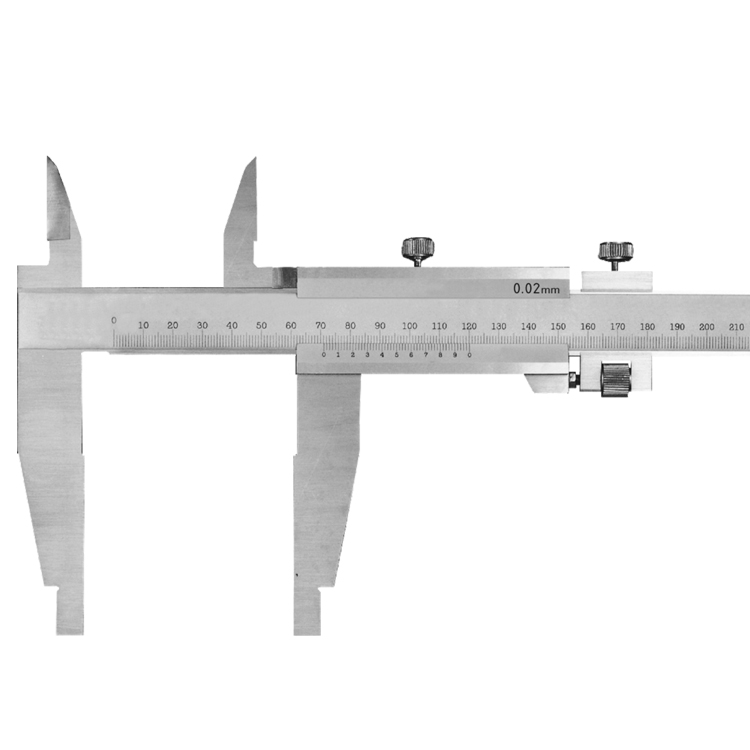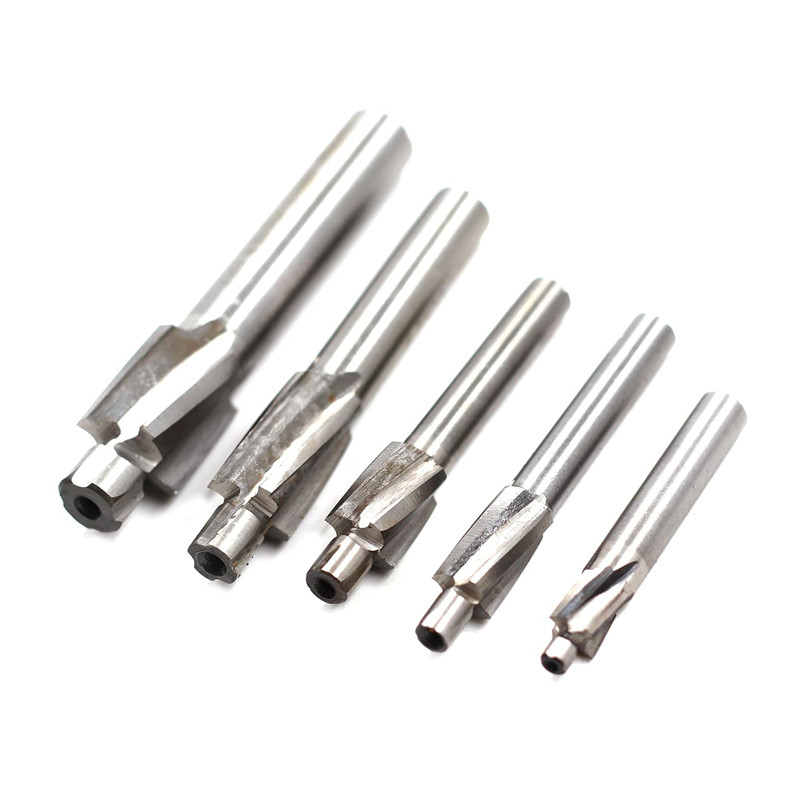collet chuck Factory
Looking for a reliable collet chuck factory? This article provides a detailed overview of collet chucks, their types, applications, and key considerations when choosing a manufacturer. Learn about the advantages of using collet chucks and how to select the right one for your specific machining needs to achieve optimal precision and efficiency.
Understanding Collet Chucks
Collet chucks are workholding devices used in machining to securely hold cutting tools or workpieces. They offer high precision, gripping force, and versatility, making them ideal for various applications.
What is a Collet?
A collet is a sleeve-like component with precisely machined slits, designed to clamp onto a cylindrical or hexagonal workpiece or tool. When the collet is drawn into or pushed onto a tapered seat within the collet chuck body, it collapses, gripping the object securely.
Types of Collet Chucks
Several types of collet chucks cater to different machining requirements. Here are some common types:
- ER Collet Chucks: The most widely used type, known for their versatility and affordability. They offer a wide range of collet sizes and are suitable for various applications, from drilling to milling.
- DA Collet Chucks: Similar to ER collet chucks but with a smaller body size, making them ideal for tight spaces.
- 5C Collet Chucks: Commonly used in lathes and screw machines, offering high precision and rigidity.
- R8 Collet Chucks: Primarily used in milling machines, known for their ease of use and quick tool changes.
- TG Collet Chucks: Offer exceptional gripping force and are suitable for heavy-duty machining operations.
Applications of Collet Chucks
Collet chucks find applications across various industries and machining processes:
- Milling: Holding end mills, drills, and other cutting tools securely.
- Turning: Gripping workpieces in lathes for precise turning operations.
- Drilling: Providing accurate and stable tool holding for drilling applications.
- Grinding: Ensuring precise workpiece positioning and holding during grinding processes.
- Engraving: Maintaining consistent tool holding for intricate engraving tasks.
Choosing the Right Collet Chuck Factory
Selecting the right collet chuck factory is crucial to ensure you receive high-quality, reliable, and durable products. Here are some key factors to consider:
Quality and Precision
Look for a collet chuck factory that prioritizes quality and precision in their manufacturing processes. Check for certifications like ISO 9001, which indicates a commitment to quality management.
Material and Manufacturing Process
The materials used and the manufacturing processes employed directly impact the performance and lifespan of the collet chuck. Ensure the factory uses high-quality materials like hardened steel and employs advanced manufacturing techniques like CNC machining.
Product Range and Customization
A reputable collet chuck factory should offer a wide range of collet chucks to cater to different needs. They should also be able to provide customized solutions for specific applications. Wayleading Tools, for instance, specializes in providing a diverse range of precision tool holders, including collet chucks tailored to your unique requirements.
Experience and Reputation
Choose a collet chuck factory with a proven track record and a solid reputation in the industry. Check for customer testimonials and reviews to gauge their reliability and customer satisfaction.
Technical Support and Service
Excellent technical support and after-sales service are essential. The factory should be able to provide technical assistance, troubleshooting, and timely responses to your inquiries.
Advantages of Using Collet Chucks
Collet chucks offer several advantages over other workholding methods:
- High Precision: Provides accurate and consistent gripping, ensuring precise machining results.
- Strong Gripping Force: Securely holds workpieces and tools, preventing slippage during machining.
- Versatility: Accommodates various workpiece and tool sizes with different collet options.
- Quick Tool Changes: Enables fast and efficient tool changes, reducing downtime.
- Compact Design: Offers a compact design, making them suitable for machines with limited space.
Key Considerations When Buying Collet Chucks
Before purchasing collet chucks, consider the following factors:
- Machine Compatibility: Ensure the collet chuck is compatible with your machine's spindle and mounting system.
- Workpiece/Tool Size: Select the appropriate collet size to match the diameter of your workpiece or tool.
- Machining Application: Choose a collet chuck that is suitable for the specific machining operation, considering factors like speed, feed rate, and cutting forces.
- Runout Accuracy: Look for collet chucks with low runout to ensure accurate and precise machining.
- Budget: Balance your budget with the required quality and features.
Collet Chuck Maintenance and Care
Proper maintenance and care are crucial to prolonging the life and performance of your collet chucks:
- Regular Cleaning: Clean the collet chuck and collets regularly to remove debris and contaminants.
- Lubrication: Lubricate the moving parts of the collet chuck according to the manufacturer's recommendations.
- Proper Storage: Store collet chucks and collets in a clean and dry environment to prevent corrosion.
- Inspection: Inspect collet chucks and collets regularly for wear and damage. Replace worn or damaged components promptly.
Comparing Collet Chuck Materials
The material used in constructing a collet chuck significantly impacts its performance, durability, and suitability for different machining operations. Here's a comparison of common materials:
| Material | Characteristics | Advantages | Disadvantages | Typical Applications |
|---|---|---|---|---|
| Hardened Steel | High strength, wear resistance, and hardness. | Excellent durability, withstands high cutting forces, good heat resistance. | More expensive than other materials, can be prone to corrosion if not properly treated. | General-purpose machining, high-speed operations, heavy-duty cutting. |
| Alloy Steel | Enhanced toughness, corrosion resistance, and machinability. | Good balance of strength and toughness, better corrosion resistance than hardened steel. | May not be as hard or wear-resistant as hardened steel. | Medium-duty machining, applications requiring corrosion resistance. |
| Stainless Steel | Excellent corrosion resistance, good strength at high temperatures. | Ideal for corrosive environments, maintains strength at elevated temperatures. | Lower hardness and wear resistance compared to hardened steel, can be more difficult to machine. | Medical, food processing, and chemical industries. |
Conclusion
Choosing the right collet chuck factory and understanding the nuances of collet chuck selection, application, and maintenance are essential for achieving optimal precision and efficiency in your machining operations. By carefully considering the factors outlined in this guide, you can make an informed decision and select the best collet chucks for your specific needs. Remember to partner with a reputable manufacturer like Wayleading Tools, known for their quality, reliability, and comprehensive product range.
Related products
Related products
Best selling products
Best selling products-
 Precision V Block And Clamps Set With Customized Type
Precision V Block And Clamps Set With Customized Type -
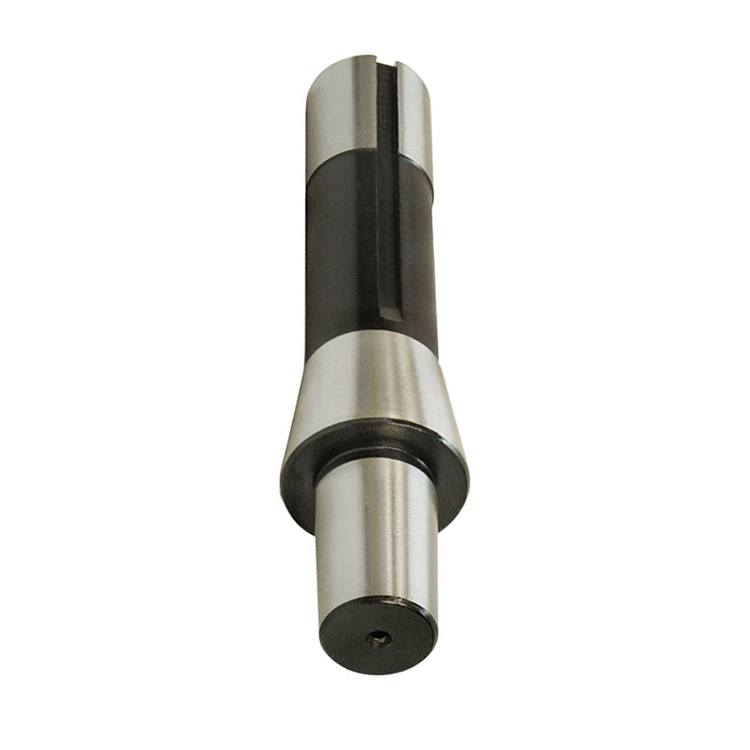 R8 Drill Chuck Arbor For Milling Machine
R8 Drill Chuck Arbor For Milling Machine -
 Type K-90 Degree Cone Tungsten Carbide Rotary Burr
Type K-90 Degree Cone Tungsten Carbide Rotary Burr -
 HSS Metric Taper Shank Twist Drills for High-Precision Metal Cutting
HSS Metric Taper Shank Twist Drills for High-Precision Metal Cutting -
 HSS Inch Taper Shank Twit Drills For Metal Cutting Of High Precision
HSS Inch Taper Shank Twit Drills For Metal Cutting Of High Precision -
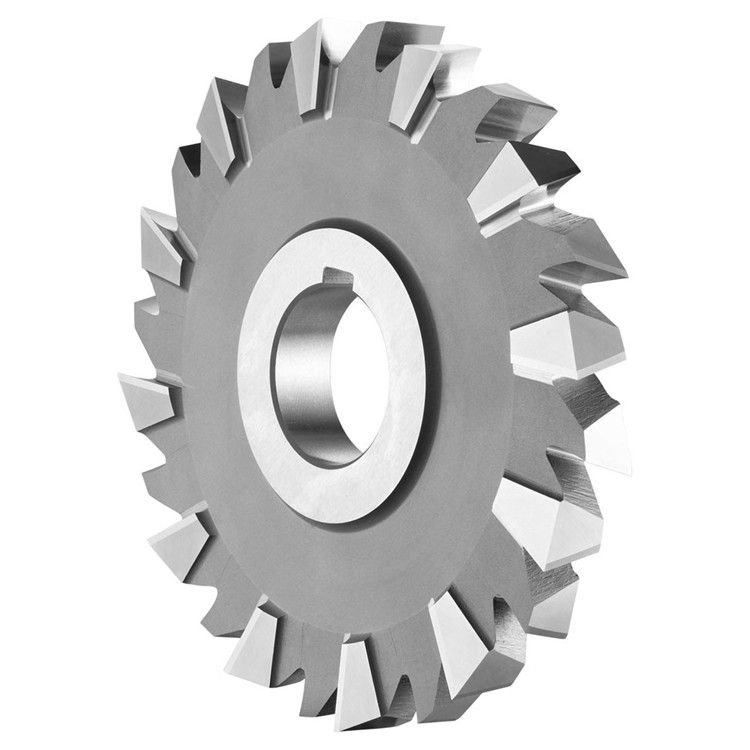 HSS Metric Side Milling Cutter With Bright Or TiN And TiAlN Coated
HSS Metric Side Milling Cutter With Bright Or TiN And TiAlN Coated -
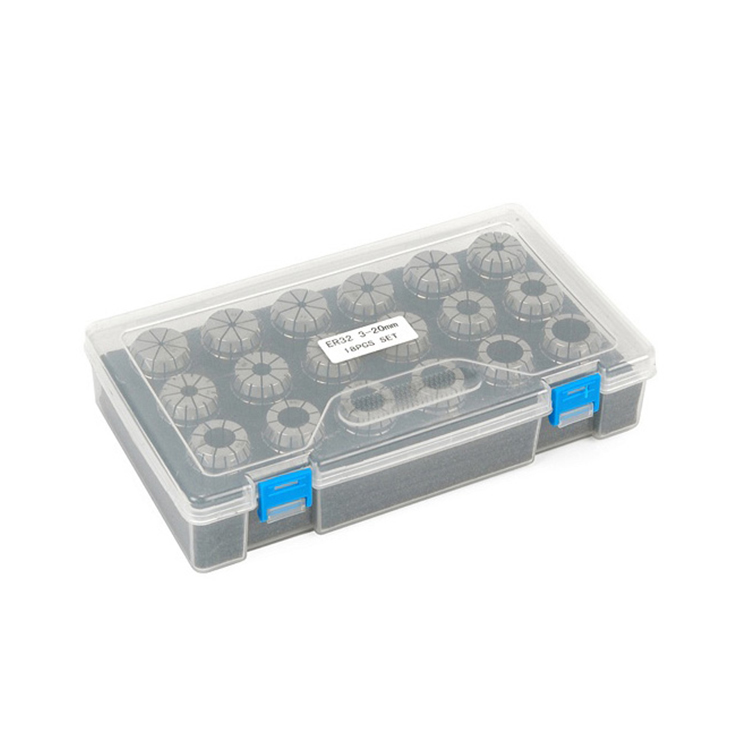 ER Collet Set With Hight Precision Milling
ER Collet Set With Hight Precision Milling -
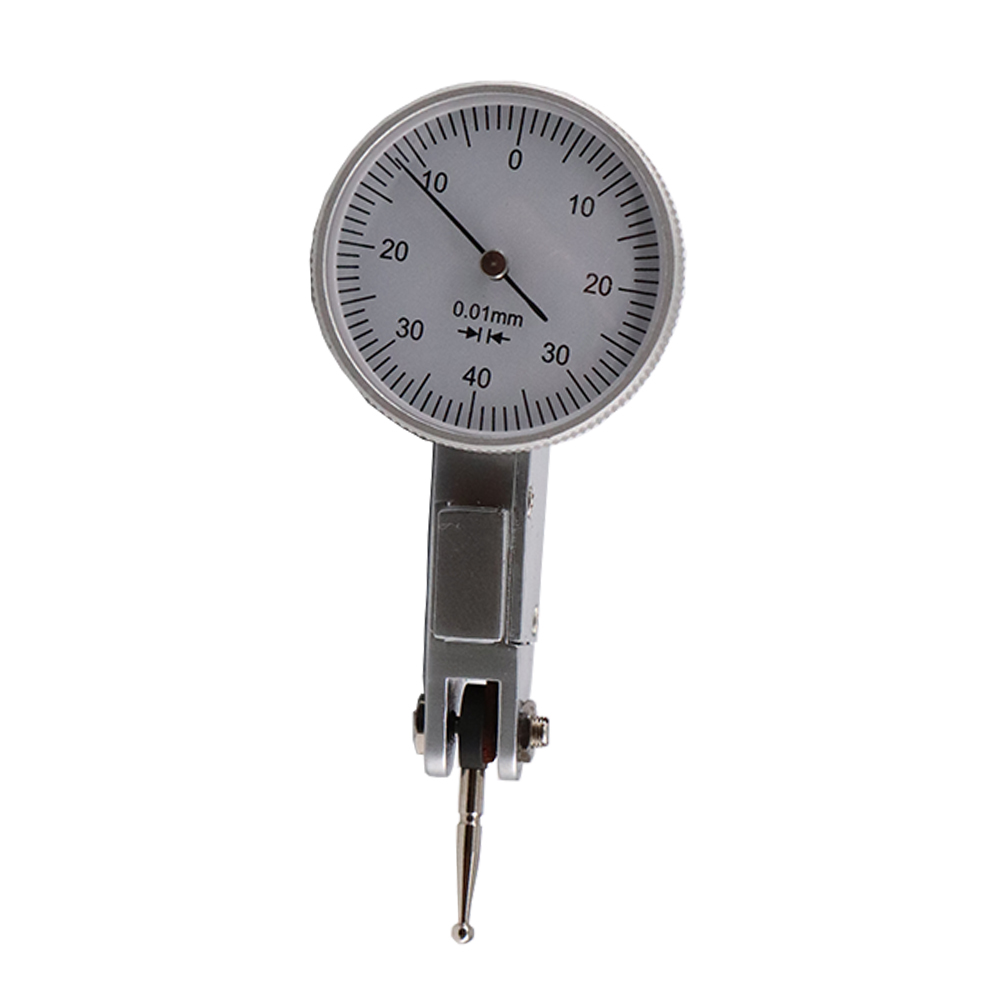 Precision Dial Test Indicator Gage For Industrial
Precision Dial Test Indicator Gage For Industrial -
 Precision V Block And Clamps Set With High Quality Type
Precision V Block And Clamps Set With High Quality Type -
 5C Hex Collet With Inch and Metric Size
5C Hex Collet With Inch and Metric Size -
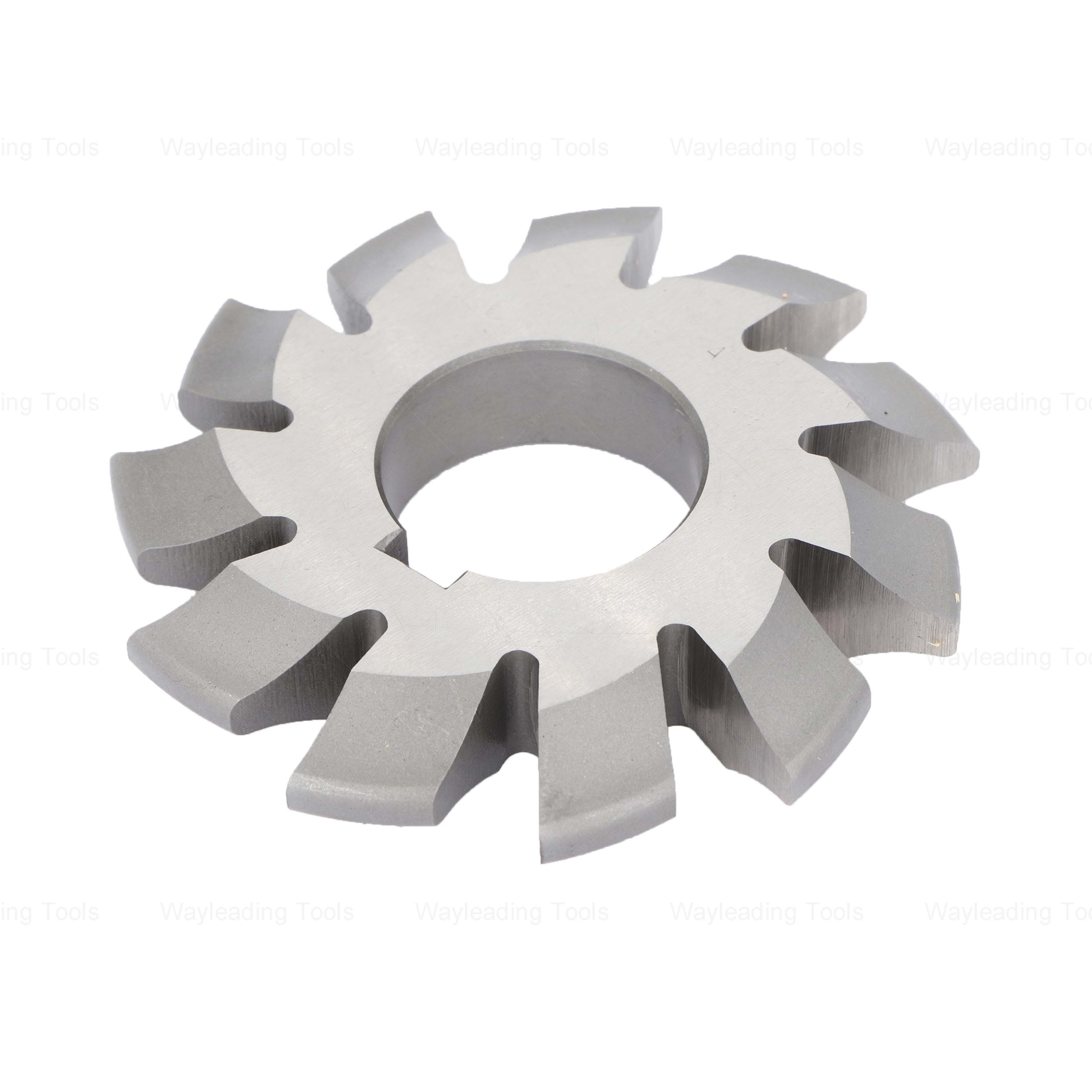 HSS Involute Gear Cutters – Module Type, PA 20° / 14.5°
HSS Involute Gear Cutters – Module Type, PA 20° / 14.5° -
 Precision IP54 Digital Outside Micrometer Of Inch & Metric With Data Output
Precision IP54 Digital Outside Micrometer Of Inch & Metric With Data Output


